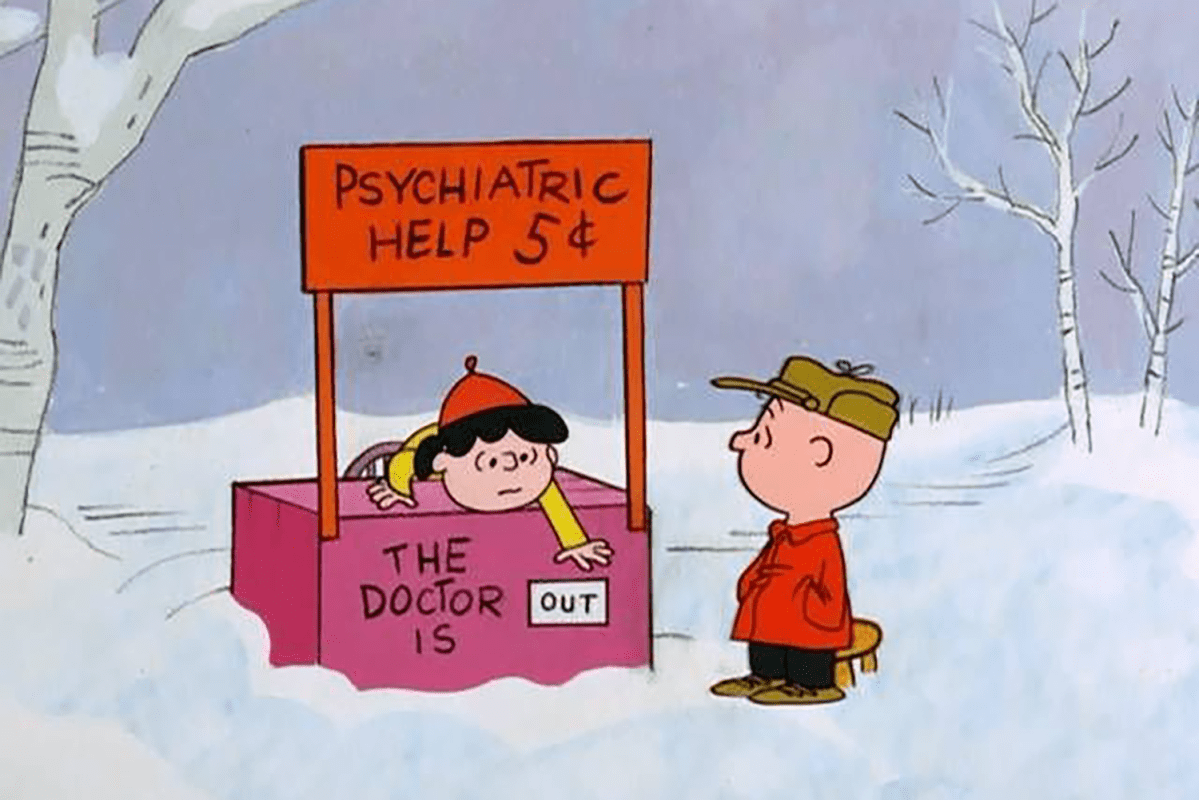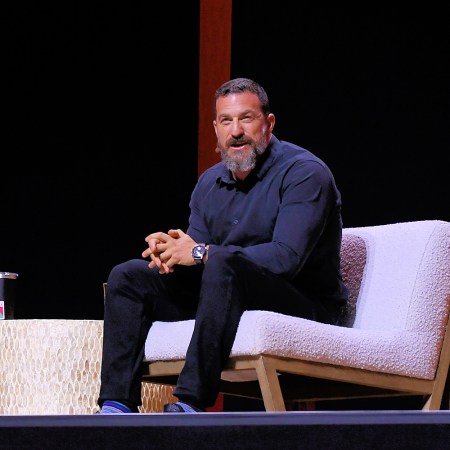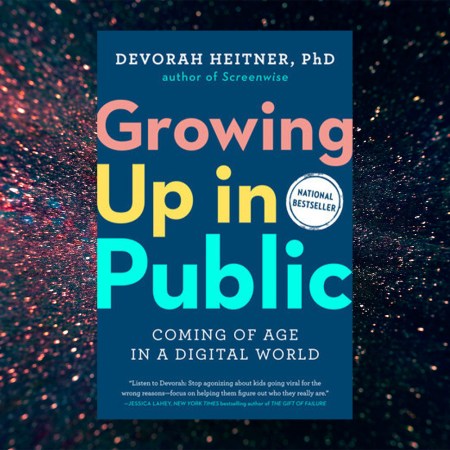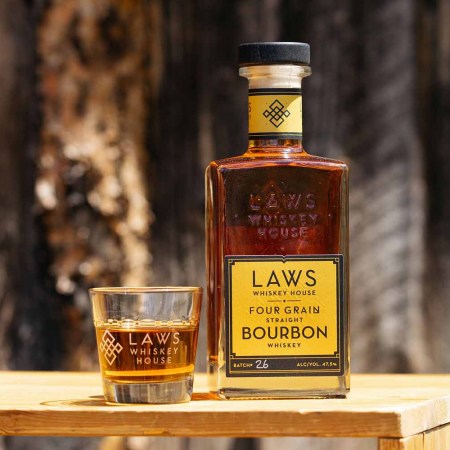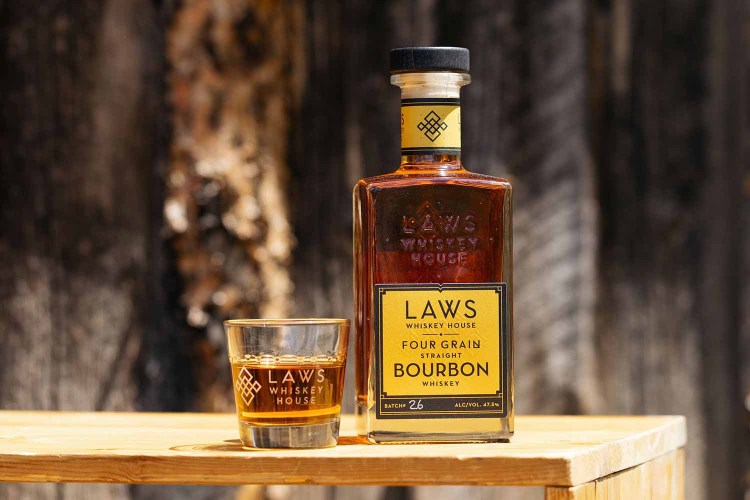You may have noticed we’re living in something of a golden age of advice columns. From E. Jean to Polly and Prudence, you don’t have to look too far to find advice — or just a voyeuristic glimpse into the trials and tribulations of anonymous strangers — these days. Major publishers like Elle, the Atlantic, and New York Magazine have all been fielding questions from troubled advice-seekers for years, while Slate alone has multiple columns catering to specific genres of dilemma, from parenting woes and pet predicaments to the ever perplexing world of sex and sexuality.
What you won’t find among Slate’s comprehensive catalogue of advice columns, however, is one dedicated specifically to handling men’s issues. Or you won’t find one anymore, that is. “Ask a Gentleman Scholar,” Slate’s men’s advice column penned by Troy Patterson, ceased publication in 2015 after just two years of answering questions from inquiring and/or aspiring gentlemen.
A largely unprecedented advice column for men by a man, Gentleman Scholar hoped to fill a vacancy in the long female-dominated advice space by, as Patterson put it when the column debuted, “present[ing] exquisitely sensible solutions to the myriad puzzles attendant to masculinity.”
What it did, according to the Atlantic, was reinforce a culture of “cold stoicism” that has long run through the pages of men’s magazines. “Advice columns for men,” wrote Lily Rothman shortly after Gentleman Scholar’s 2013 debut, “seem not to have made the leap from proscriptive notions of rectitude to the smart-older-sister vibe of advice for women.”
With a tone conjuring an overpowering, if at times perhaps consciously self-parodying, aura of leather-armchair-sitting, cigar-smoking masculinity, Gentleman Scholar couldn’t help but fall into the same habits of old-school, Q&A-format advice found in men’s media bastions like GQ and Esquire, in which, Rothman wrote, ”situations are often posed in a joking tone and answered as if the writer were the dude from the Dos Equis commercials and the ultimate ethical standard is masculinity rather than humanity.”
Two years after Patterson retired as Slate’s Gentleman Scholar, MEL Magazine threw its hat into the ring with “Tell Me Moore,” a men’s advice column penned by then-MEL staffer and Jezebel contributor Tracy Moore.
Like Gentleman Scholar, MEL’s advice column sought to provide a space for men in a genre that has long been populated by female advice givers and seekers alike — a trend that can be traced back to the advice column’s origins in centuries-old conduct literature that instructed women to become good wives and mothers in an era when men presumably had no need for self-improvement simply by dint of having been born male.
But unlike Gentleman Scholar, which seemed committed to catering to an imagined audience of “Esquire men” of yore, MEL’s foray into advice for men hoped to finally, as Moore wrote in the column’s debut, “close the gap between masculinity and humanity.”
Even with a modern mindset and a woman at its helm, however, Tell Me Moore was short-lived as well, ceasing publication after just a handful of installments.
The issue, Moore tells InsideHook, largely comes down to the challenge of getting men to engage with a framework that has long catered to women. “We’ve been reading these columns in women’s media for decades, and we consume them, share them and debate them as a matter of course,” says Moore. “They’ve evolved well beyond the Ladies Home Journal, of course, but regardless, there’s a built-in audience for this sort of back-and-forth in women’s media spaces in a way men’s media hasn’t quite hacked or ever figured out how to embrace.”
Ultimately, MEL’s advice column suffered from a lack of submissions from male letter-writers — a partial result, Moore surmises, of persistent gender stereotypes downplaying men’s capacity and desire for introspection. By this flawed line of thinking, “it’s as if you have to sort of trick dudes into asking for advice by talking to them about their lives in ways that bypass the discomfort of too many feelings or the explicit sense that they’re looking for help about something or being vulnerable,” Moore explains. “That may very well be doable, but to keep a column going, you’d still need them to send in those letters. And generally, they don’t.”
This is, of course, “a really reductive way to think of people and gender,” says Moore, explaining that while men may be reluctant to solicit advice directly from a columnist, they frequently engage in more passive forms of advice seeking. “There’s plenty of evidence that men want and consume information about themselves and their inner lives all over the place,” she says. “It’s just not necessarily being framed through the traditional advice column format.”
Over at GQ, sex and relationships columnist Sophia Benoit gives men this kind of unsolicited advice all the time. Compared to women, she tells InsideHook, “men don’t have as many natural, easy outlets to talk about interpersonal or internal problems. So often they simply stumble upon articles and read them and then go, ‘Huh, that’s me!’ or ‘This is what I’ve been feeling, but I haven’t felt able to talk about it.’”
In her Substack advice column Here’s the Thing, however, Benoit doles out solicited advice to letter-writers of all genders, including, she says, a decent percentage of male-identifying ones. While she notes that letters from men “are more likely to be vaguely troll-y or inappropriate,” she estimates they account for around half the questions she receives.
What men’s willingness to seek advice outside the context of an exclusively male-centered advice column may reflect is a growing trend toward gender inclusivity in media overall, especially men’s media.
As the New York Times noted last month, men’s titles are increasingly abandoning the “publishing patriarchy” in favor of less gendered branding. If magazines themselves no longer cater specifically to men, why should their advice columns? Like Benoit’s Here’s the Thing, many of the major advice columns at traditionally agender publications, like Slate and New York mag, seem to attract a decent share of letters from readers of all genders, including men.
“I think most advice columns — and media in general — should be agender,” says Benoit. But that doesn’t mean there isn’t still room for the kind of traditional men’s media reader Gentleman Scholar-type columns had in mind.
“I don’t think advice columns being genderless, or rather, more gender inclusive, necessarily becomes a zero-sum situation that eliminates a masculine gender identity,” says Moore. Despite the shifting landscape of men’s media, men themselves are not — as the above-cited Times headline suggested — “canceled.”
“I think there’s absolutely a place for cis men to be talking to cis men in better, more empathetic ways that encourage each other to not be dipshits,” says Benoit, adding that if anything, men in such a position of privilege should be using it to engage in discussions of relationships and other matters of inner life more often. “There’s tons of space for those conversations, regardless of if they come from an advice column or not.”
This article was featured in the InsideHook newsletter. Sign up now.
